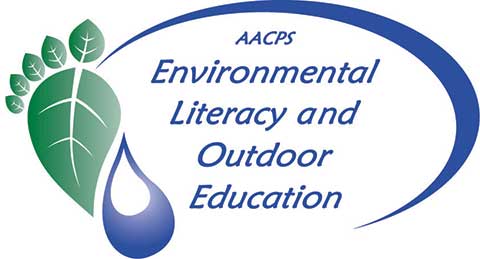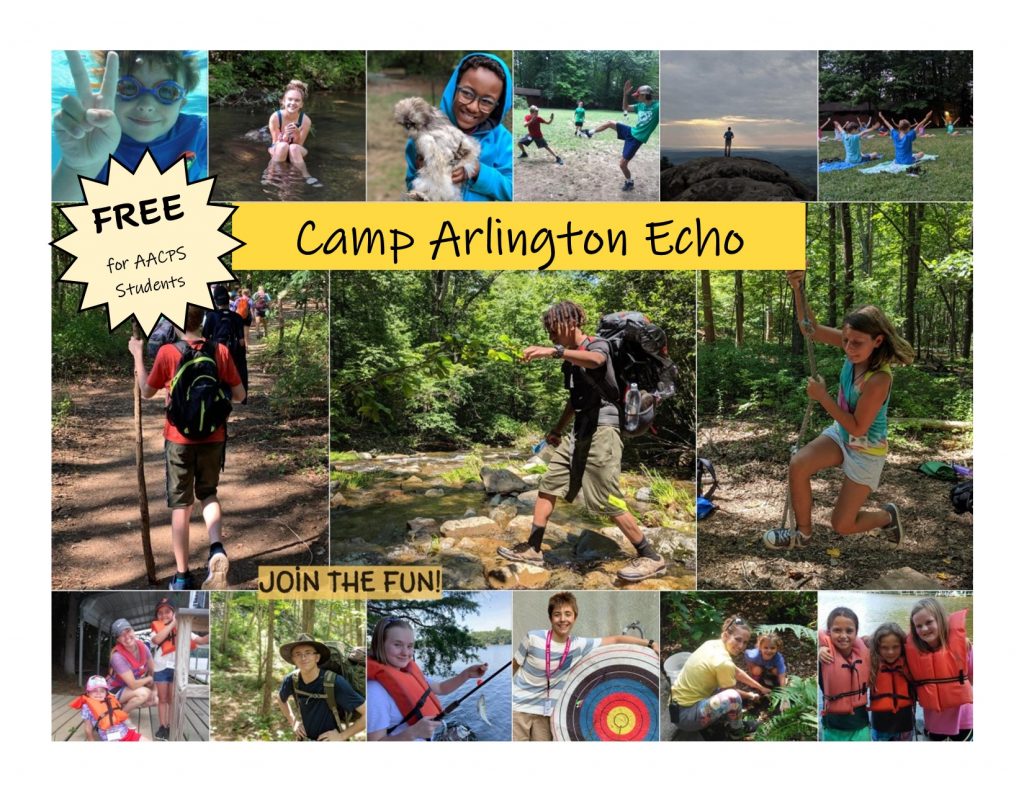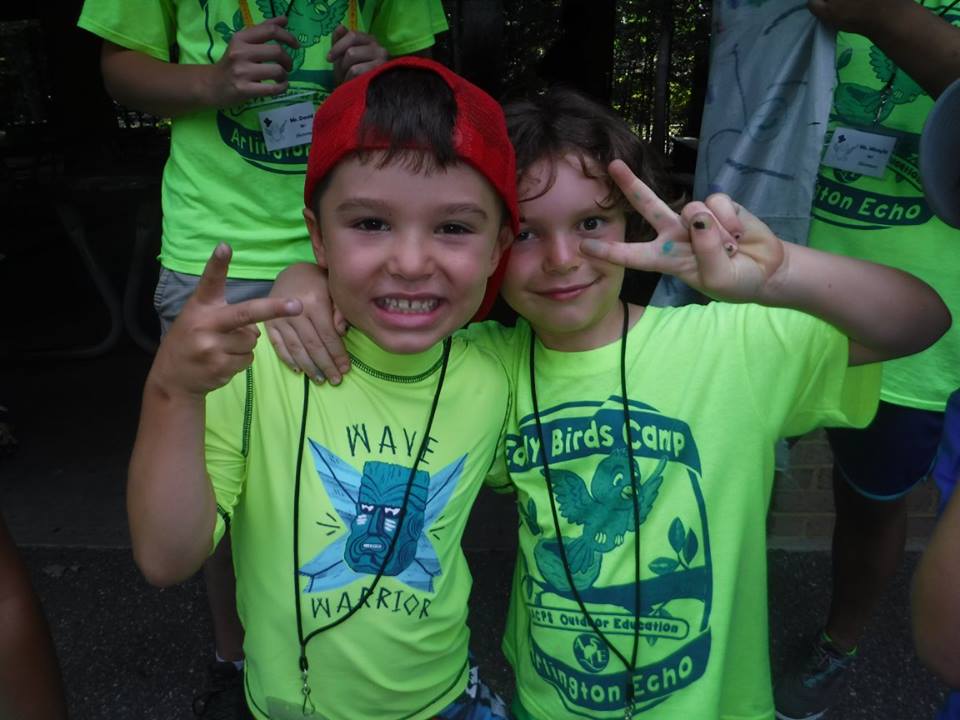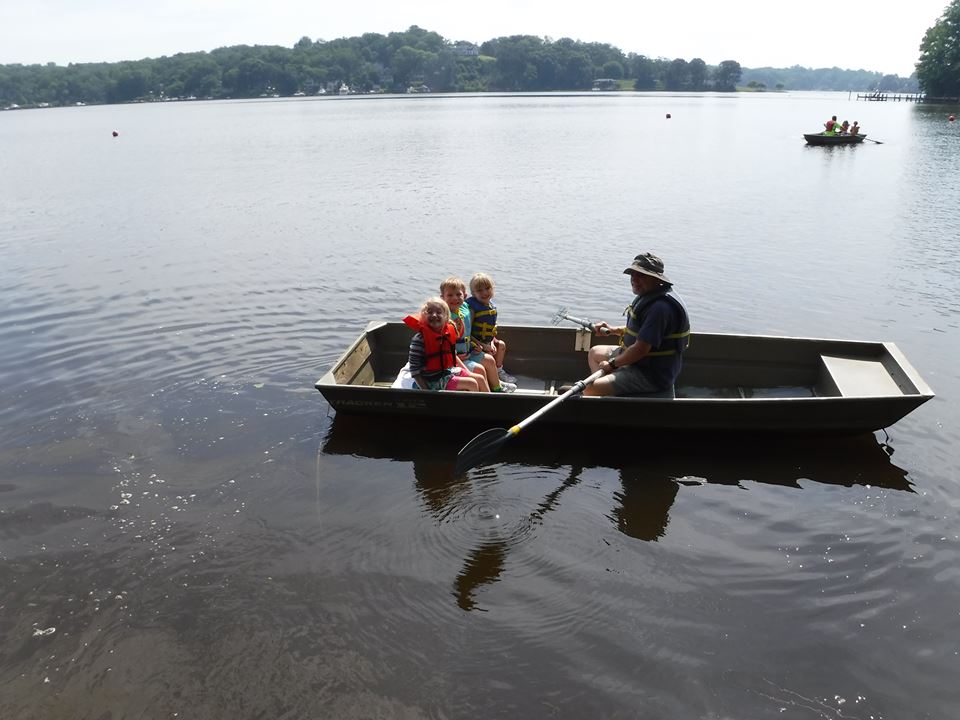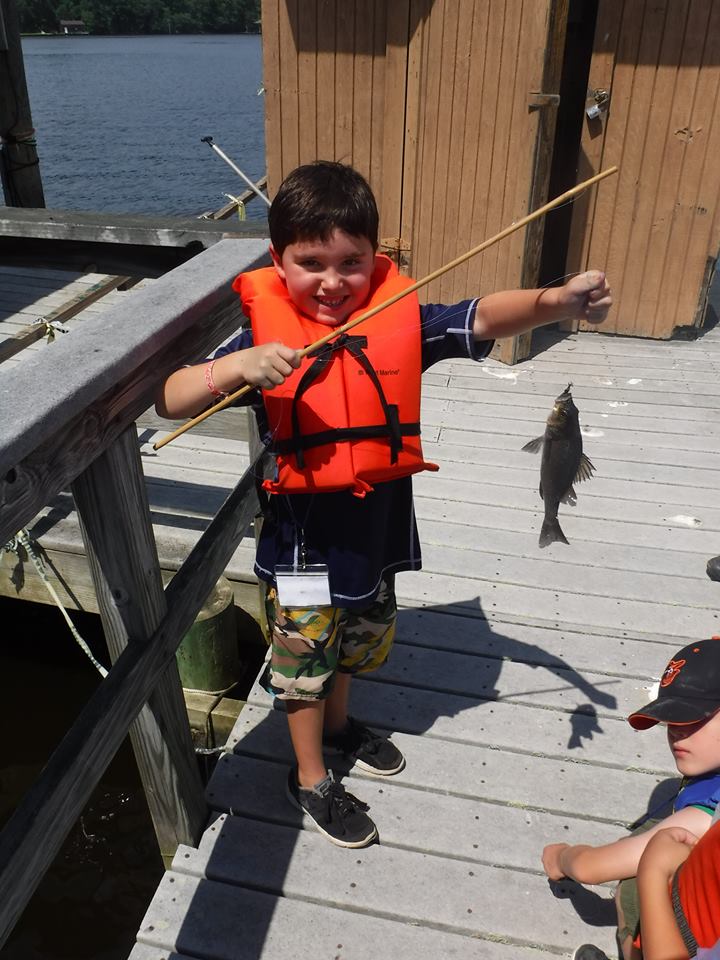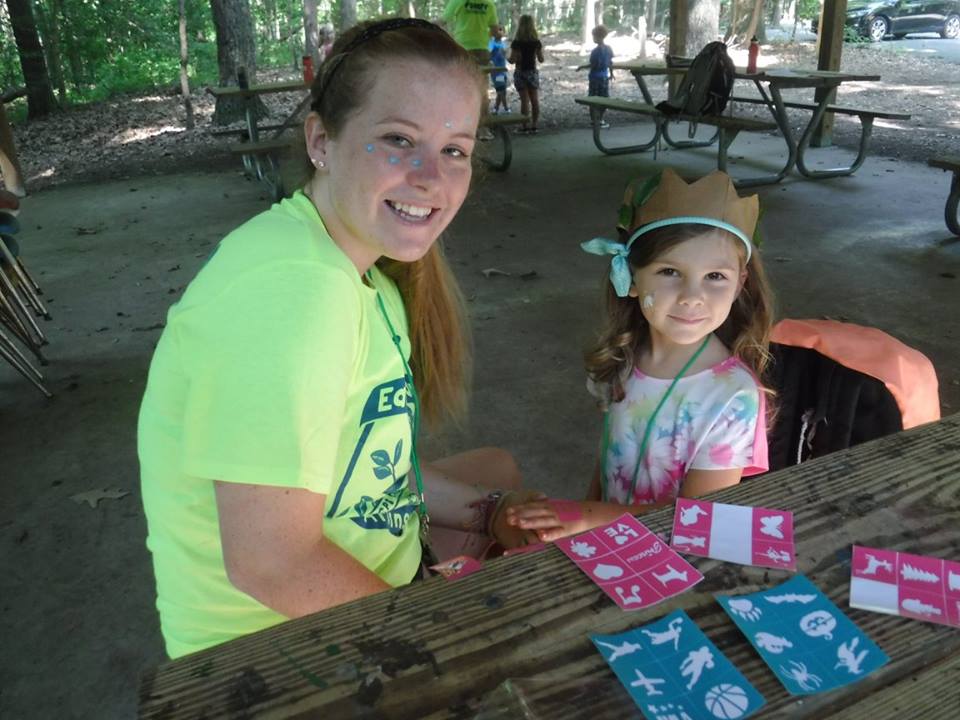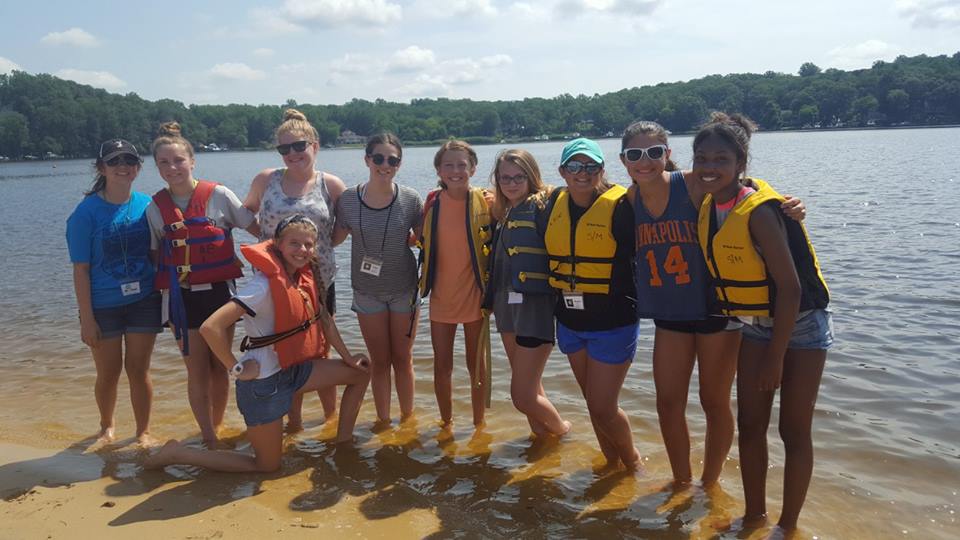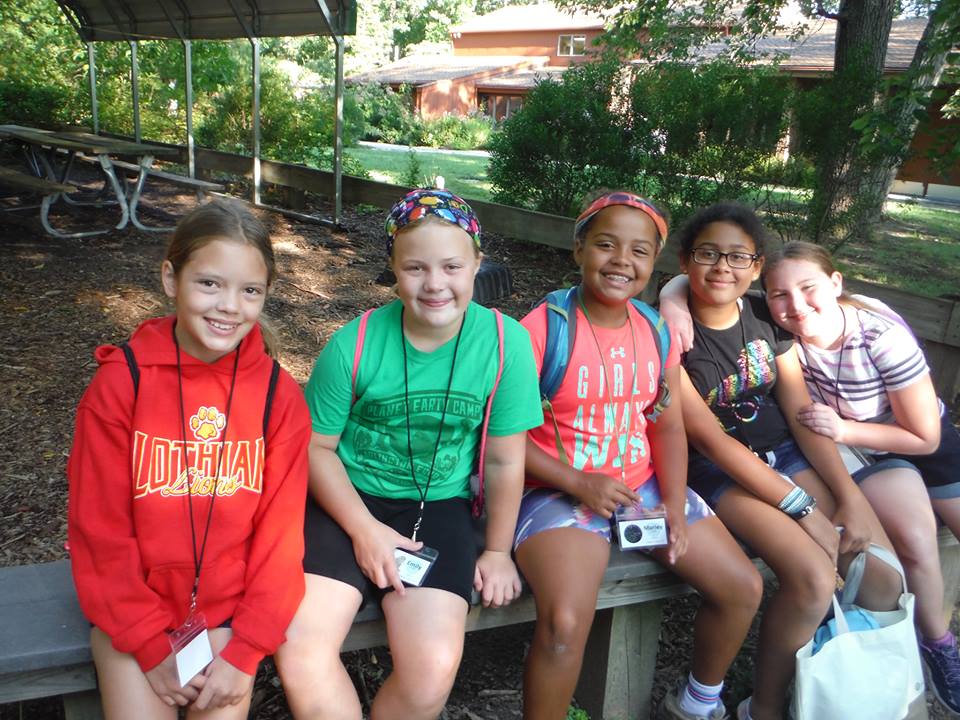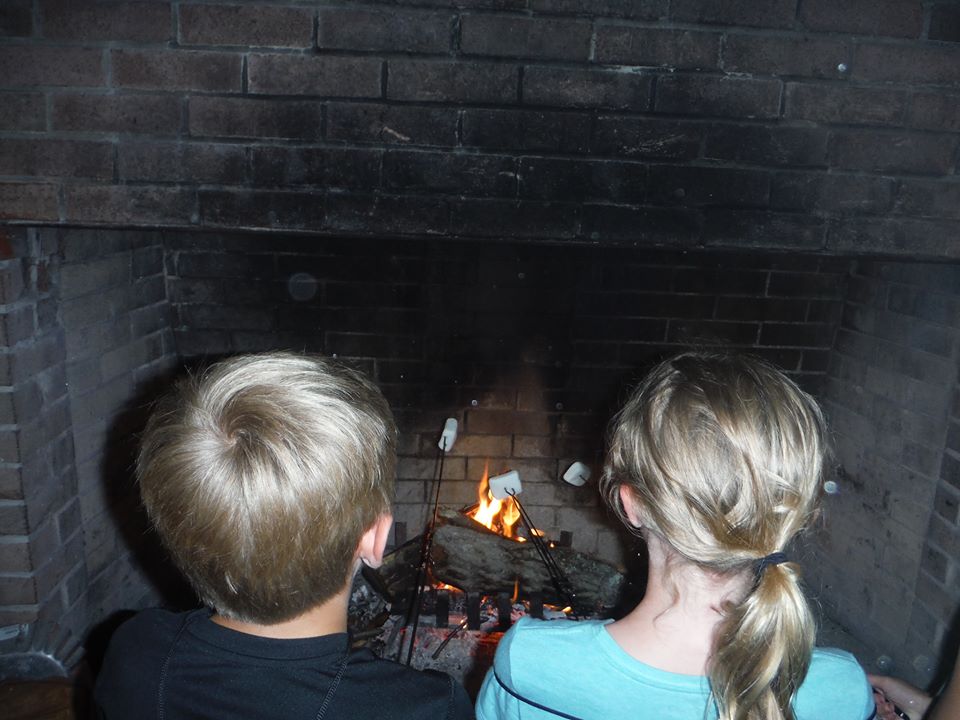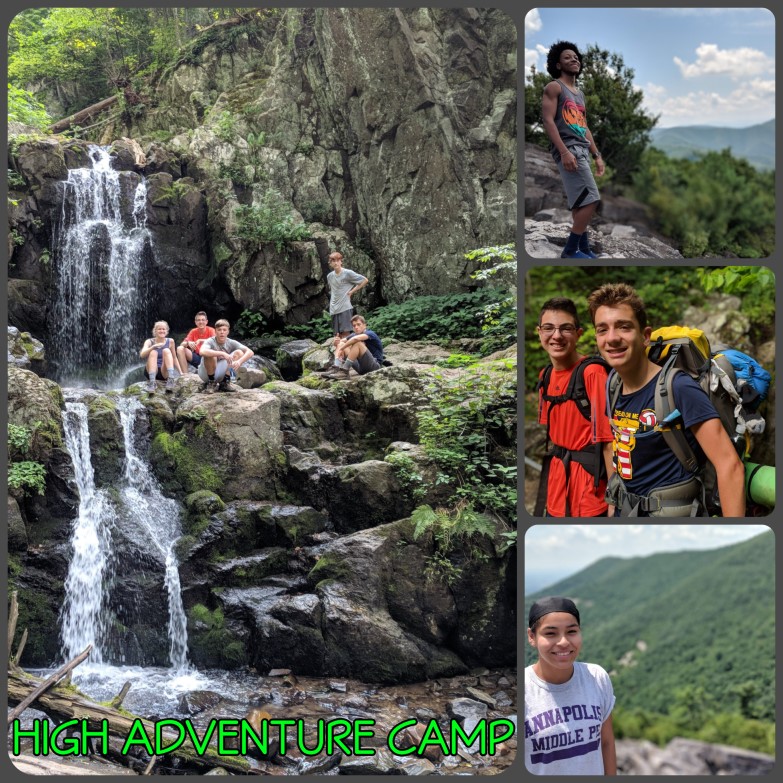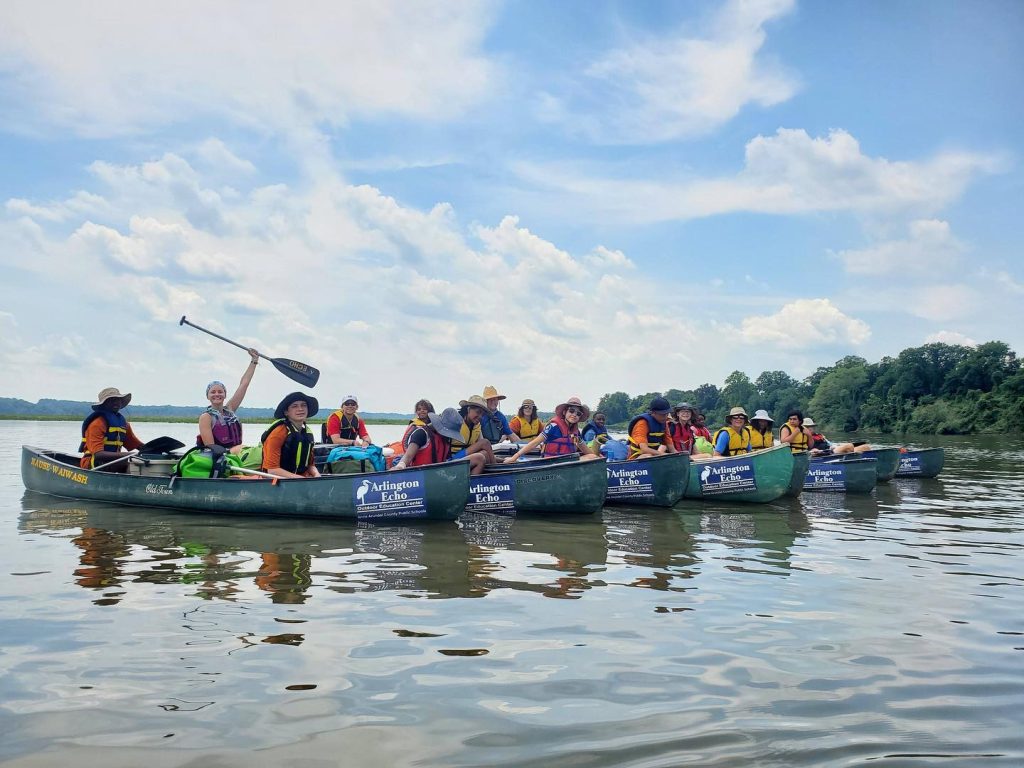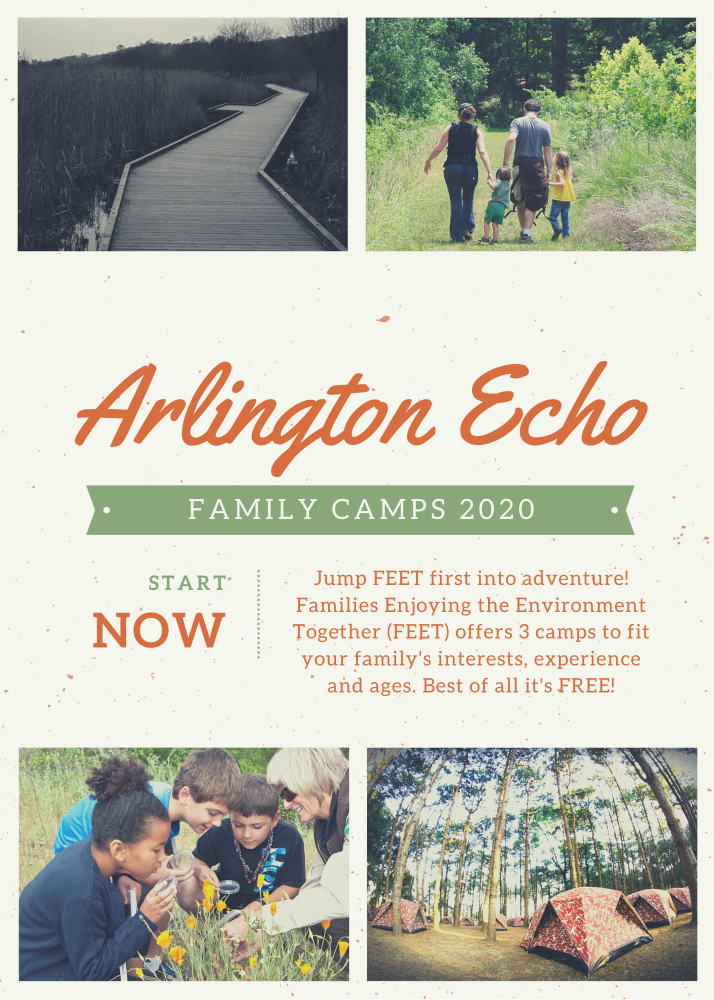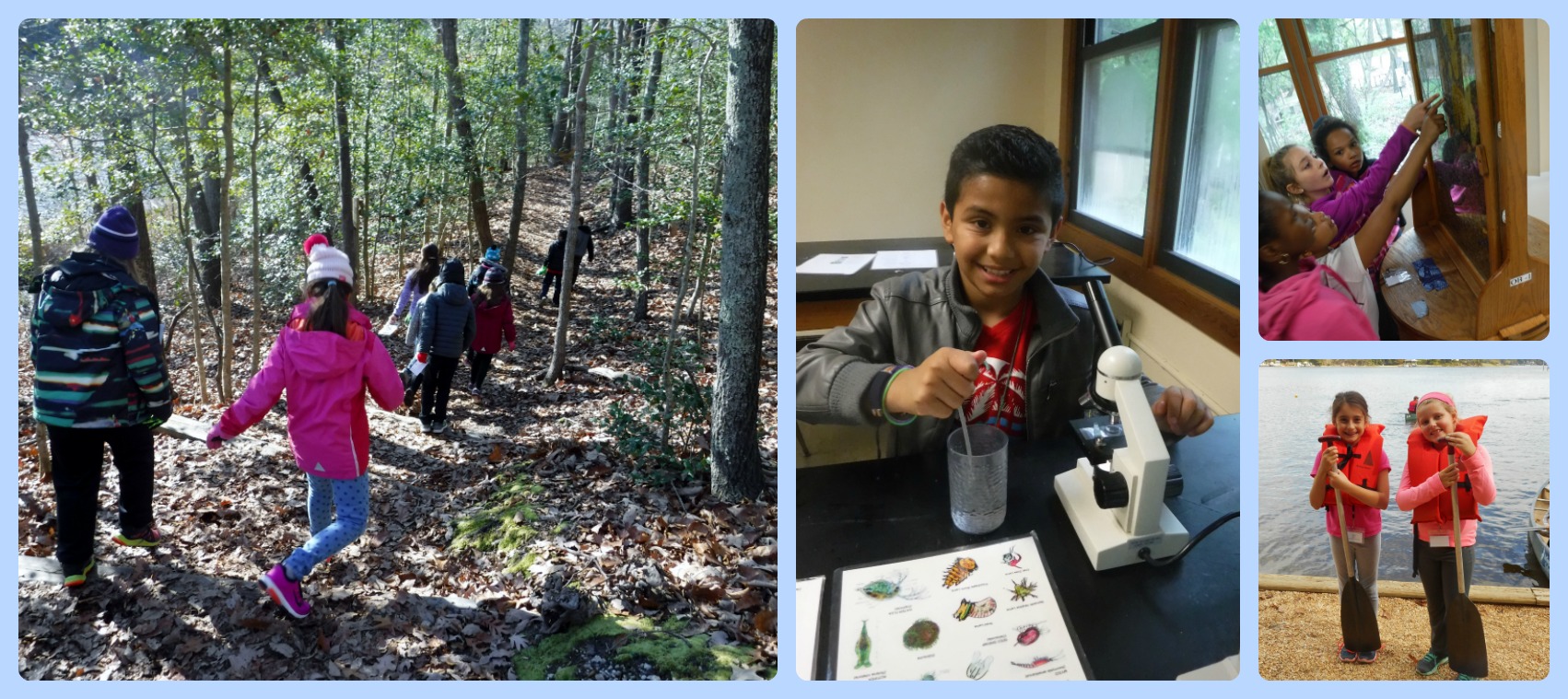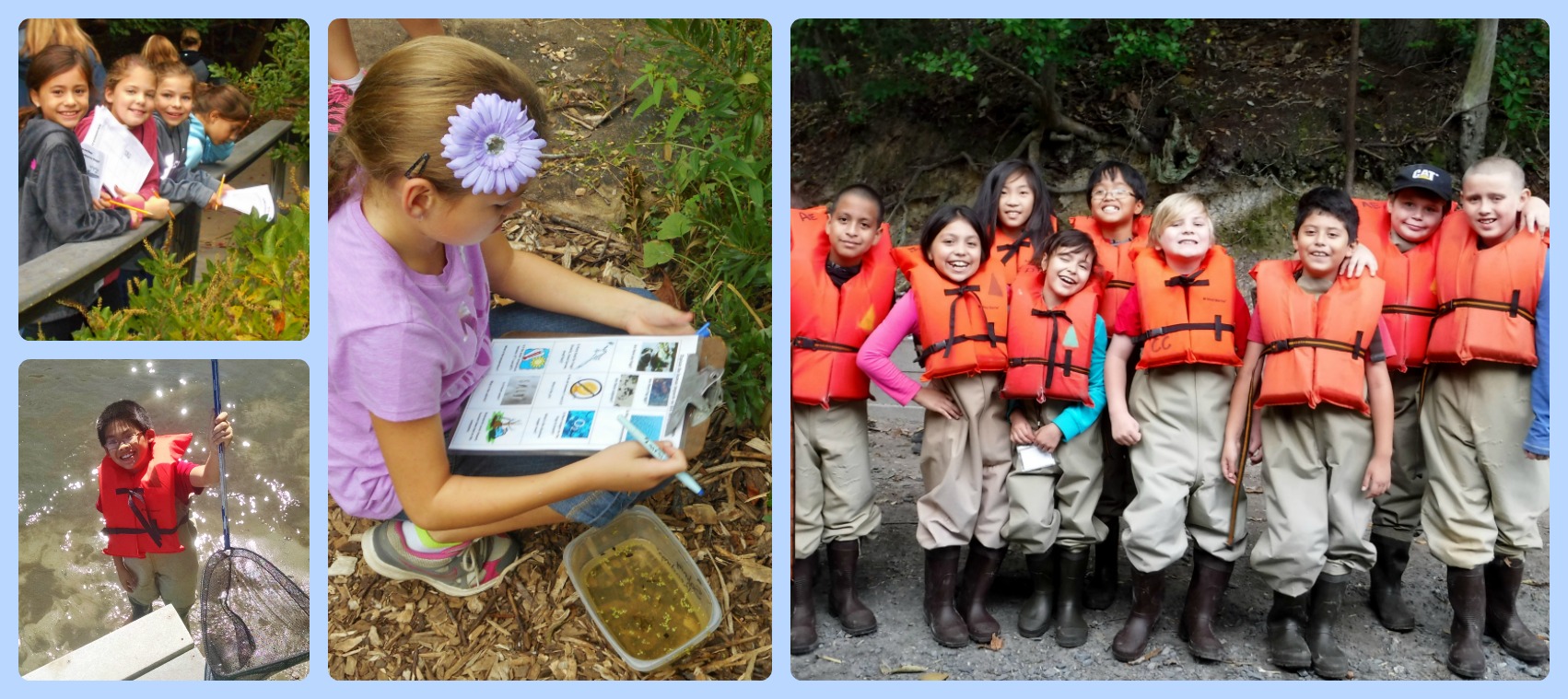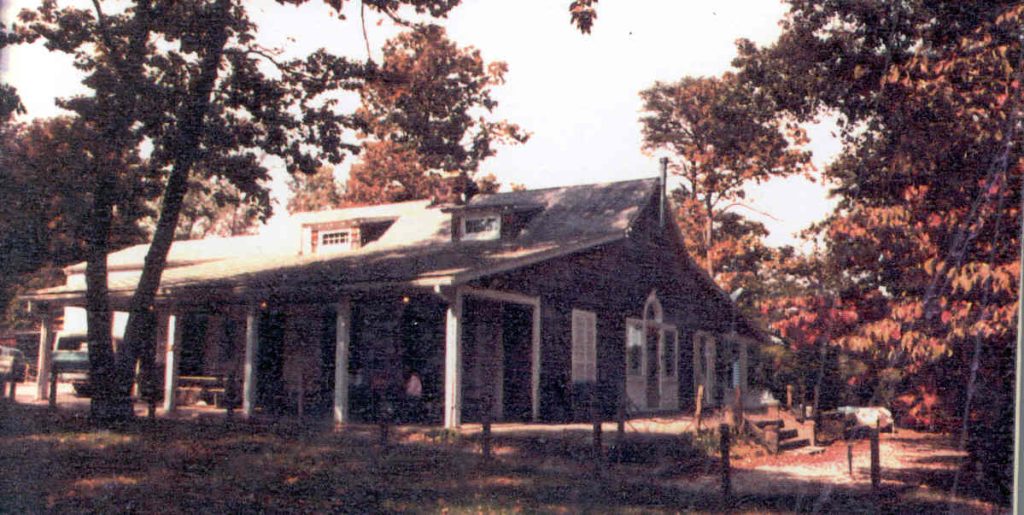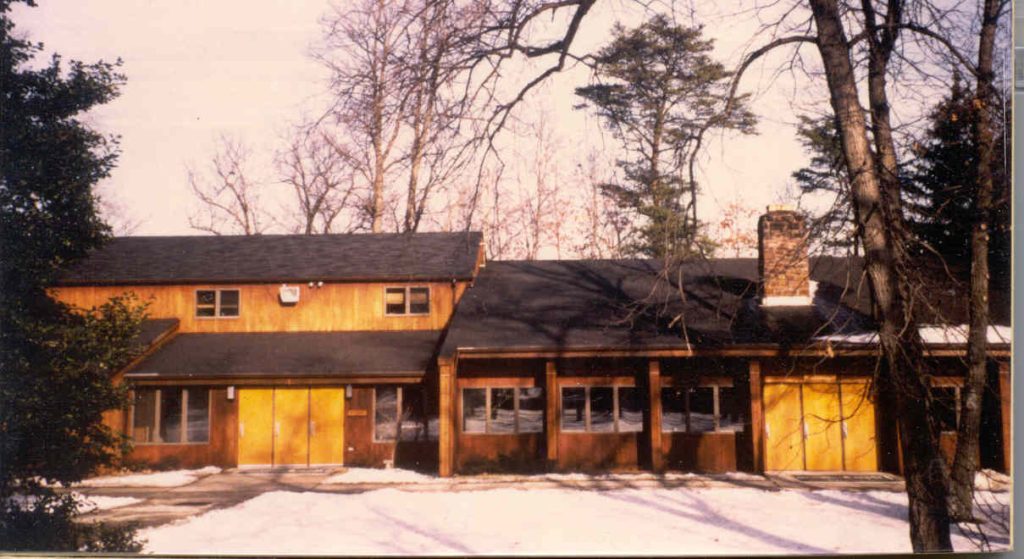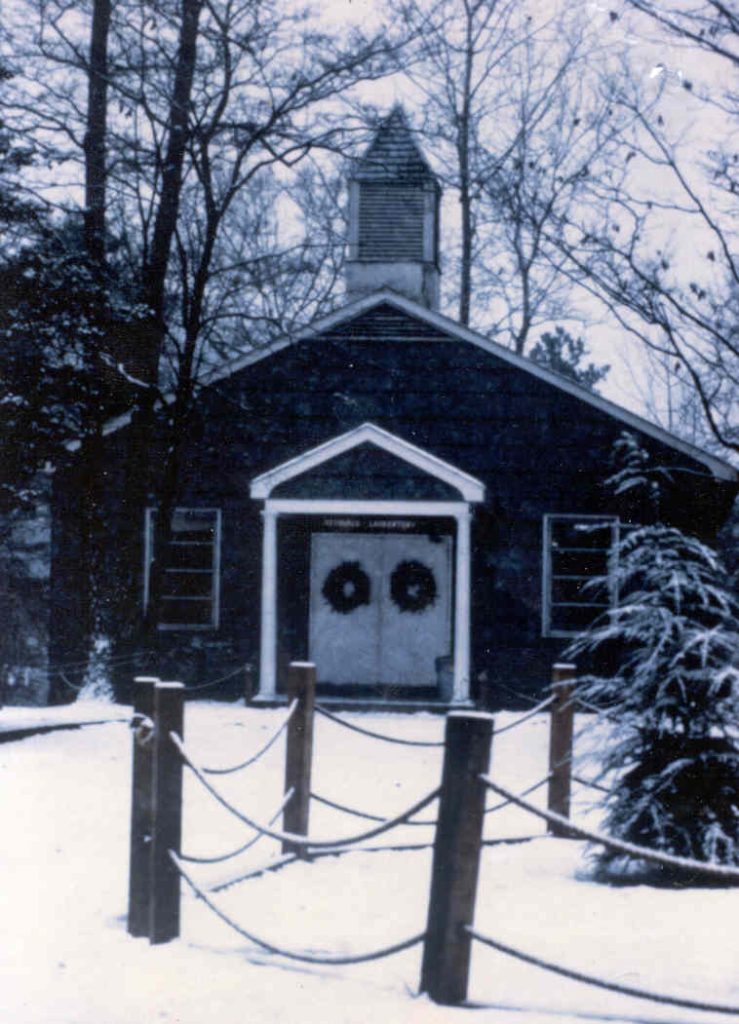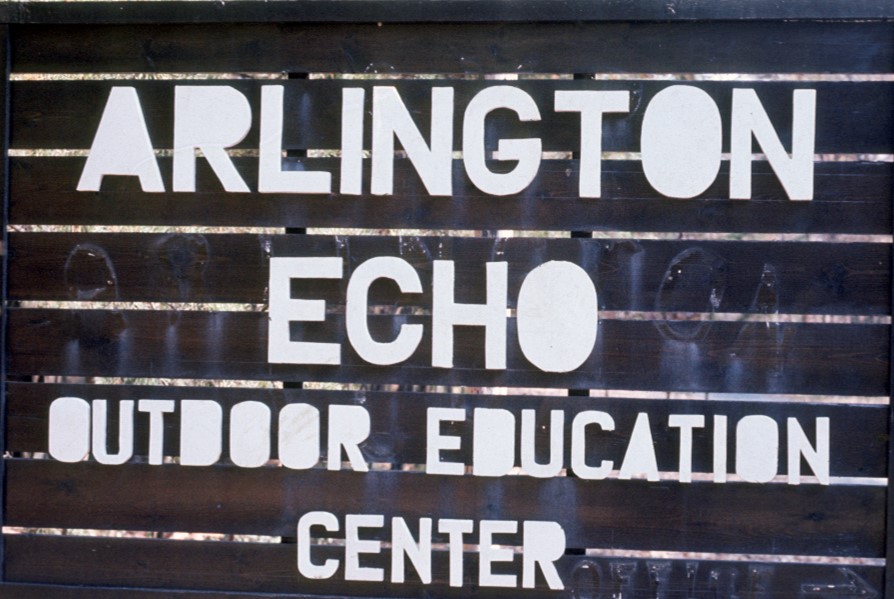Questions about summer camp? You’ve come to the right place!
Selection Process
Will I receive a confirmation email after registering my student?
You will not receive an automatic confirmation email after submitting an application. You will receive a confirmation email in early May if your student has been added to the roster of a camp you applied for.
Who can apply to Arlington Echo summer camps?
Our camps are offered only to students who are currently enrolled in AACPS schools.
How does the selection process work?
Summer seats are not guaranteed for all students and seats are NOT filled on a first come, first serve basis. The federal funds used to support summer offerings require us to consider students’ unfinished learning and student needs as student selections are made. If the student demand exceeds the number of seats available, we will need to make final student selections. Once your student is selected to attend, you will be notified by the program facilitator with additional information.
When will I be notified if my student is selected?
Initial notifications will be made in late April.
How long is registration open?
Registration will open on February 9, 2024 and close on March 15, 2024.
I am experiencing difficulty logging in to register my student.
If you are experiencing difficulty using your child’s Student ID Number and Birthdate to log in to the summer programs website, please contact Krista Boyd at 410-222-5491.
What is the cost of camp?
Camp is offered at no cost to AACPS enrolled students.
What is your cell phone policy?
Cell phones will not be permitted at camp.
Though society has become increasingly dependent on internet-connected devices, the Environmental Literacy & Outdoor Education Office strongly believes the summer camp environment is one where cell phones simply do not belong, as they inhibit two key goals of summer camp: connecting young people with each other and with the natural world.
As useful as mobile devices can be, they serve as an unwanted distraction drawing the user’s attention away from the people and environment around them. Connection to the internet raises a host of other issues including but not limited to cyberbullying, viewing of inappropriate materials, and uploading camper photos without parental consent.
Cell phones also hinder our staff’s ability to resolve camper issues and effectively communicate with parents. If a camper encounters issues during camp, their first instinct is to call you, their parent, rather than speak with our staff. This leads to miscommunication and makes it difficult to manage issues that our highly trained staff are otherwise capable of resolving.
Our staff will always arrange for necessary phone calls and will assist a child in getting in contact with their parent or guardian via our landline as needed. Likewise, parents and guardians can call Arlington Echo if they need to reach their child.
We take this cause very seriously, and will confiscate any cell phones or other electronic devices brought to camp. As in the school setting, the devices will be stored in a secured administrative office until camp’s conclusion. Thank you for your understanding and cooperation.
Is there a nurse at camp?
Yes. Our camp nurse is a registered RN from the county health department.
My child takes medication. Who will administer the medication while at camp?
Our camp nurse will administer medications while at camp.
Will food be provided during camp?
Yes. Breakfast and lunch are provided for all day campers. Breakfast, lunch and dinner are provided for all overnight campers.
Still don’t have the answers you need? Give us a call! 410-222-3822
